Menu
There’s nothing more spectacular than the fantastic spectrum of colors as different trees bloom. Whether you appreciate the distinct scent of blooming pine cones or despise the memory of stepping on mushy fruits, trees don’t produce these things to annoy us. This is the backbone of creating a new generation of trees. The goal of reproduction is the same in animals and plants, but the method is different.
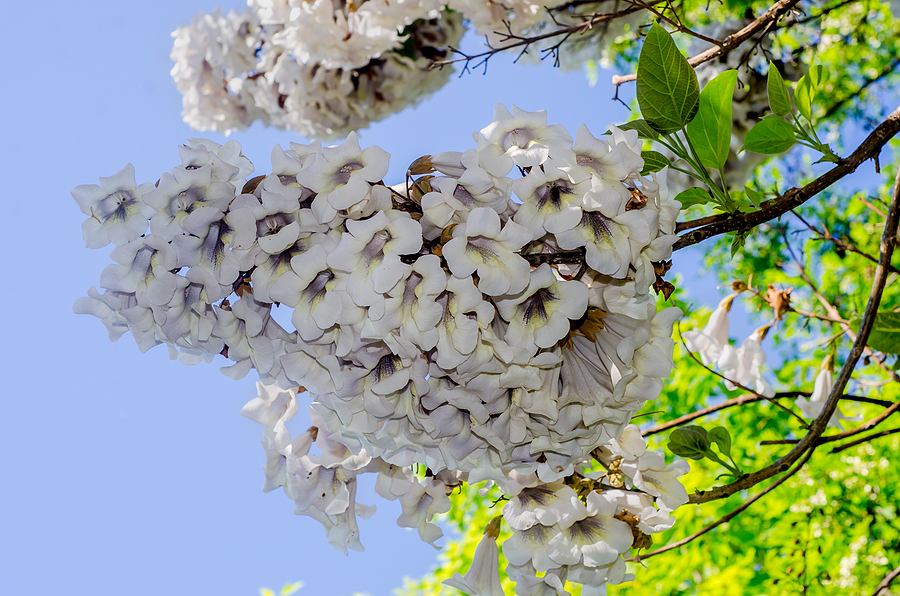
At Driscoll Tree Service, understanding trees’ reproductive process helps provide better care based on the season. It also helps our tree service technicians predict which trees shed more pollen and produce fruit to ensure you plant the right tree for your needs. The last thing you want is a tree that sheds pollen profusely, and you are allergic. Our tree care company can ensure your trees are in tip-top condition throughout the year.

A flower is the reproductive organ of a plant, containing different parts that help it serve this purpose better. There are four main parts of a flower that you should know: sepals, petals, anthers, and pistils. The sepals act as the protective shield that prevents damage to fragile parts from foreign material. Petals are aesthetically pleasing, attracting animal pollinators and people.
The anthers are the male reproductive organs, producing pollen that fertilizes the stigma where the female reproductive organ is located. The pistil is the female reproductive organ that produces the seeds to be fertilized to produce fruits. Now that you know a flower’s different parts, let’s look at the different reproduction categories.
Cosexual trees have both female and male reproductive parts. Broadleaf trees usually have these types of flowers, with most of them being insect-pollinated and showy. If you are looking for an ornamental tree for your home, these trees are the ideal choice. Insect pollination is more effective and less likely to cause allergies, making them perfect if pollen triggers an allergic reaction. Significant examples include magnolia, cherry, and redbud.
These trees have separate male and female flowers on the same tree. Monoecious means "single house," which shows the coexistence of both reproductive flowers in the same tree. Many trees in this category are wind-pollinated, meaning they are likely to cause allergies. However, the female flowers are found on the op to prevent self-pollination when the wind blows. Examples of such trees include redwood and oak.
Like the former, the male and female flowers are separate, but the difference is they are found in different trees. They are primarily wind-pollinated and produce profuse pollen, which is unsuitable for people susceptible to allergies. Male trees grow faster than their counterparts and are more durable because pollen has a lower energy cost than seeds and fruits. If you have a cottonwood, podocarpus, or ginkgo in your yard that’s not producing any fruits, you probably planted a male tree.
Contact our tree care company to schedule an appointment with our team of experts. Driscoll Tree Service is unlike other tree service providers in the industry, dedicating their experience and skills to your satisfaction. Enjoy exceptional tree care and maintenance at pocket-friendly rates.
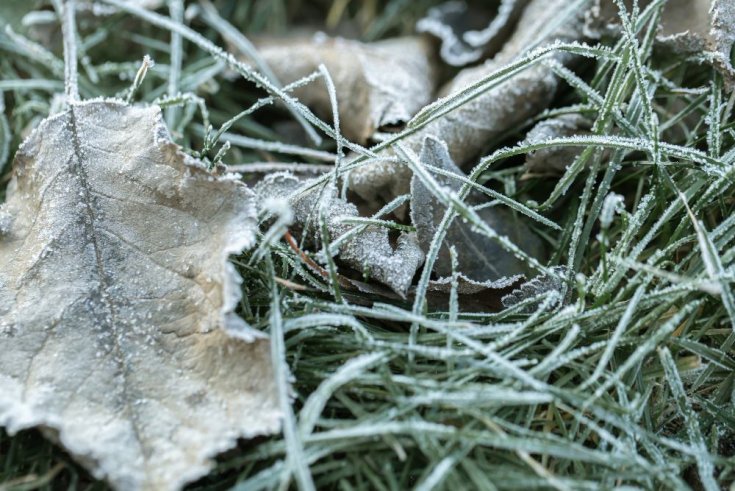
Protecting Trees from Freeze-Damage As winter approaches, one of the primary concerns for homeowners and garden enthusiasts is protecting their trees from freeze damage. Cold temperatures, frost, and freezing conditions can cause irreparable harm and costly tree removal emergencies. As…
Read More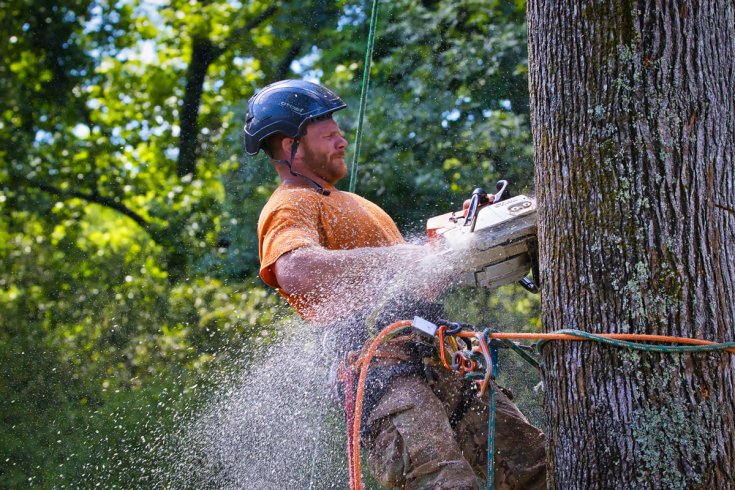
Why Dead Trees Should Be Removed Trees are a valuable addition to any landscape. However, dead trees pose safety hazards and should be removed before things get out of hand. Many property owners usually ignore telltale signs of deterioration until…
Read More
How Does Drought Affect Trees? Drought is a prolonged deficit between water supply and demand. This means long-term conditions of increased demand without sufficient water supply cause drought. With the rise of global warming and climate change, many parts of…
Read More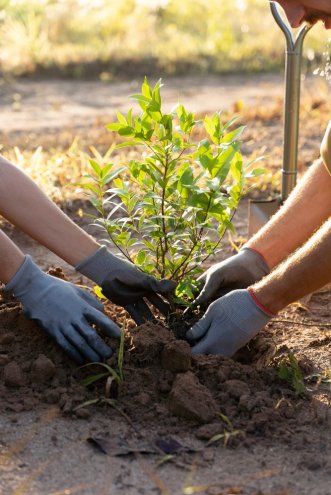
Facts About Winter Tree Planting Planting trees is a major decision that requires consideration of crucial factors like planting time, soil quality, tree type, and tree placement. While most people often avoid landscaping projects during the cold months, winter is…
Read More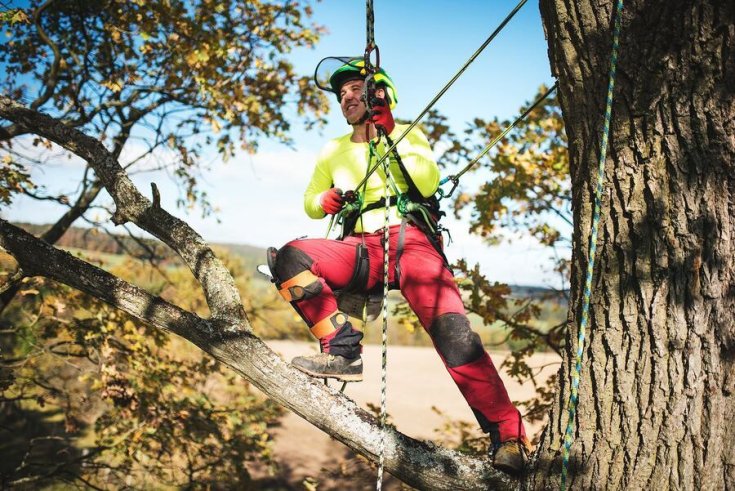
Top Signs You Need an Arborist to Inspect Your Trees Most of us love the trees on our property because they offer shade, beauty, privacy, and even fruit in some cases! Despite our appreciation, how well do we really understand…
Read More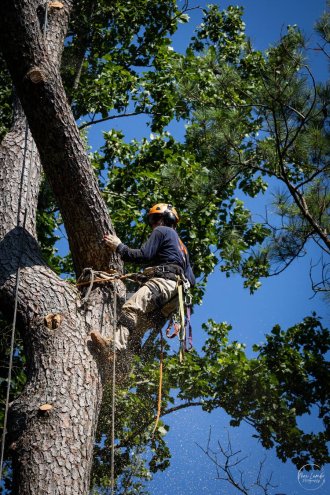
Have You Hurricane-Proofed Your Trees Yet? In the Southeast U.S., hurricanes aren’t just an occasional threat - they're a part of life. Georgia, in particular, faces frequent tropical storms and hurricanes that bring high winds, heavy rain, and the potential…
Read More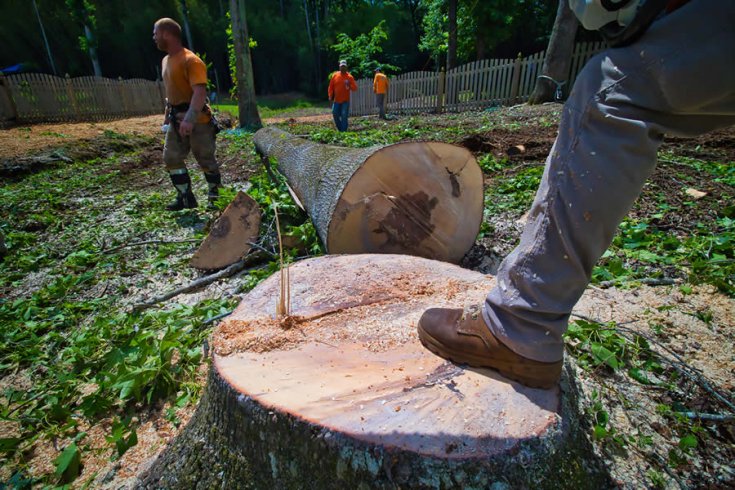
What's The Right Time of Year to Remove Trees? Trees provide a range of benefits to your property and the ecosystem. Whether it is enhancing curb appeal and giving shade or cleaning the air, the value of trees can’t be…
Read More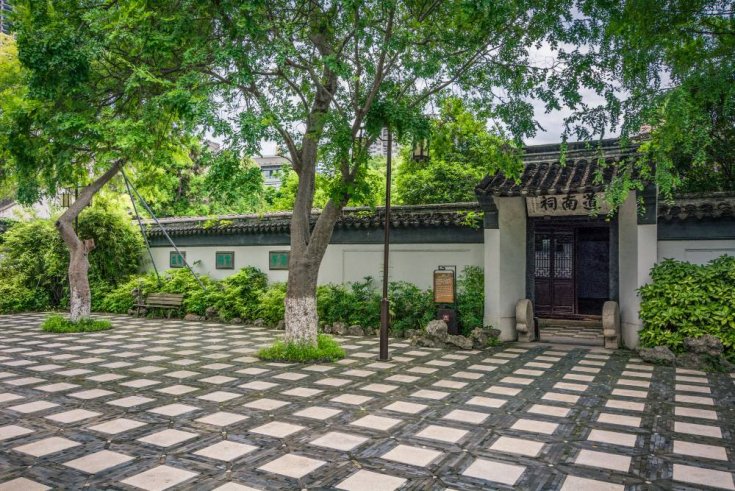
It’s one of the most classic homeowner dilemmas: you plant a tree, watch it grow tall and proud for decades until, one day, you notice the driveway starting to buckle. Cracks appear and spread; the once-smooth concrete begins to lift…
Read More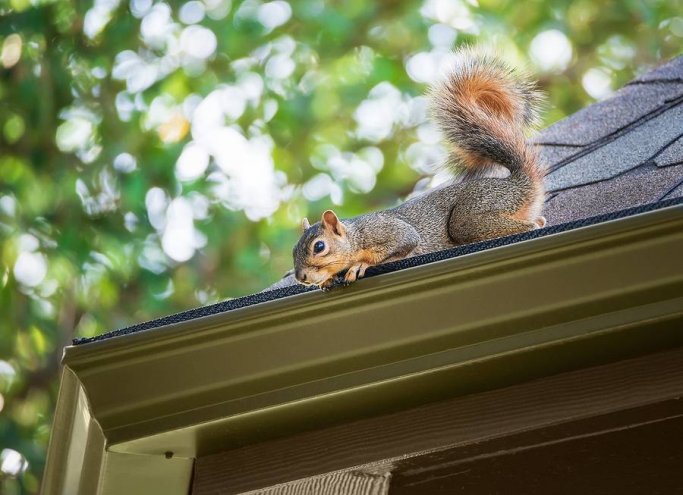
4 Tree Pests to Look Out for this Fall As the leaves change color and a crisp breeze fills the air, fall shifts the natural world. However, not just the season’s beauty capture our attention. With the changing weather, certain…
Read More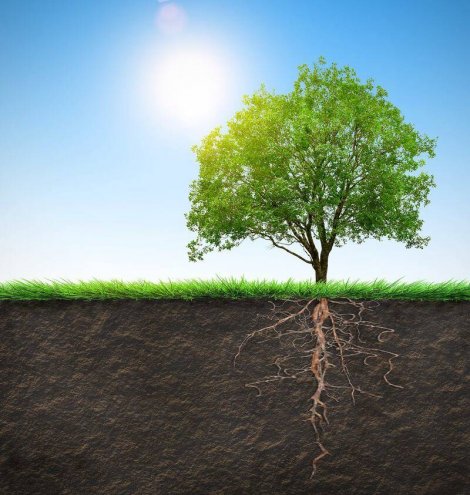
4 Signs of Tree Root Damage Trees are valuable additions to any landscape and offer various environmental benefits. Regular care is critical to maintaining healthy and durable trees, like most living things. If you suspect deterioration in your trees, the best…
Read More